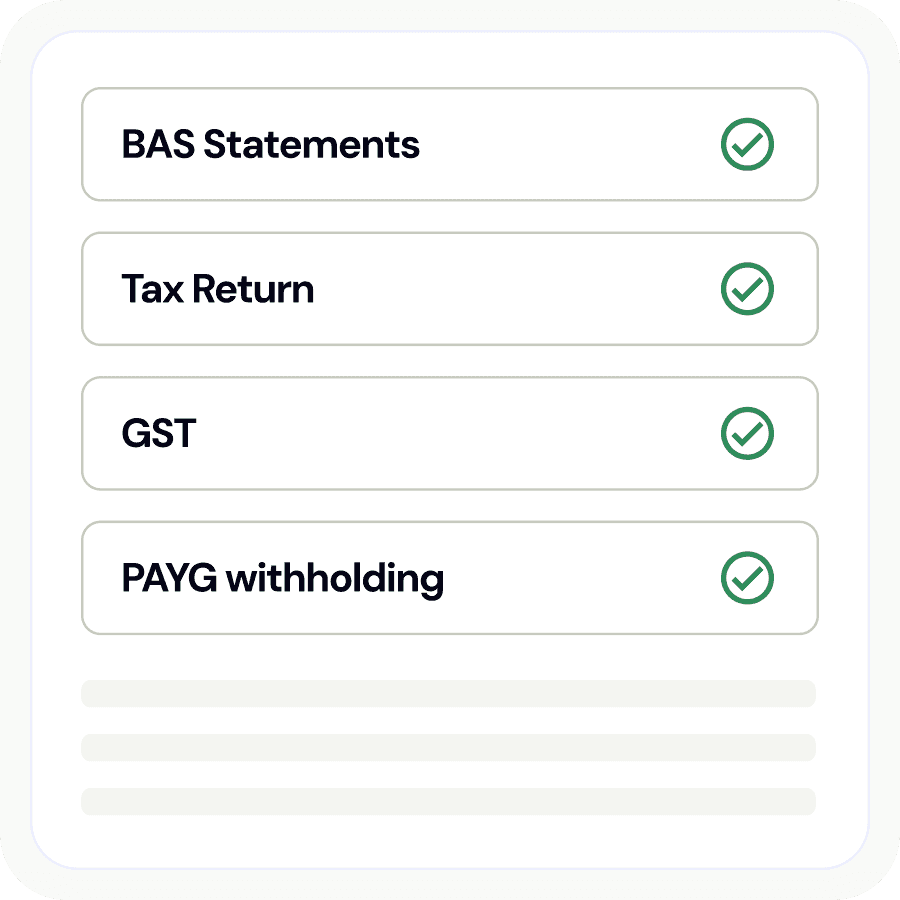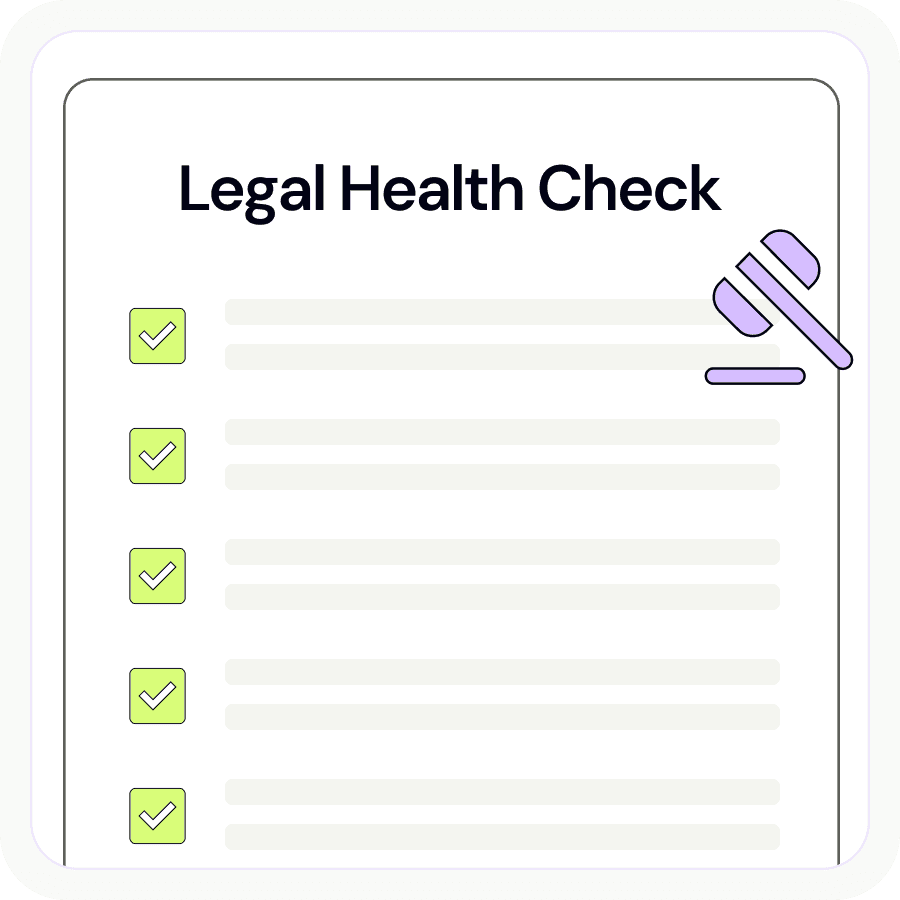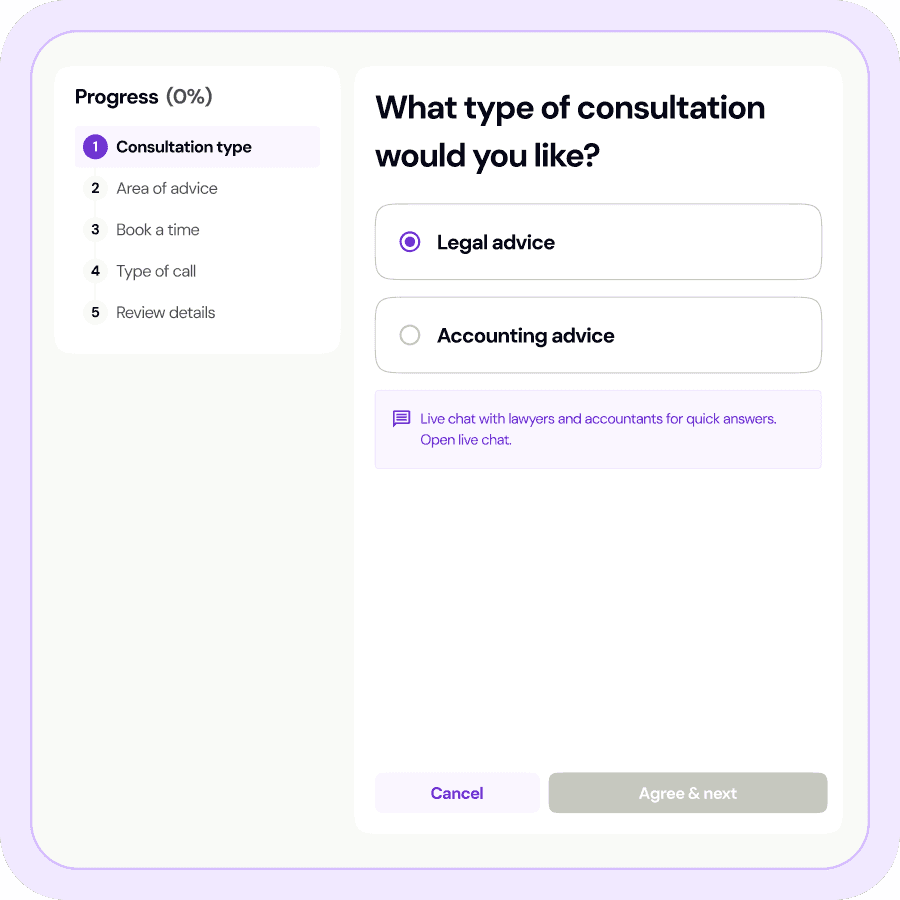If you’ve ever felt a wave of panic after realising you’ve made a mistake on your business tax return, you’re not alone. Amending your business tax return in Australia can feel daunting, especially with the pressure to get it right and the fear of possible penalties.
Whether it’s a simple data entry slip, a forgotten deduction, or a more complex reporting error, the Australian Taxation Office (ATO) provides clear pathways to fix these issues.
In this guide, we’ll walk you through exactly how to amend your business tax return, explain common pitfalls, and show you how to avoid future mistakes. Let’s get started.
Table of Contents
What is a business tax return amendment?
A business tax return amendment is the process of correcting errors or updating information on a tax return your company has already lodged. This could involve fixing incorrect figures, adding missed deductions, or rectifying misreported income.
You may need to amend their tax returns for a variety of reasons. For example, you might realise that you made a mistake on your Business Activity Statement (BAS), discover unclaimed expenses, or find discrepancies after a review.
Lodging accurate tax returns is not just good practice — it’s a legal requirement. The ATO expects your business to correct honest mistakes promptly to maintain compliance and avoid unnecessary penalties.
Common reasons to amend your business tax return
Mistakes on business tax returns are surprisingly common, and the ATO recognises that errors can occur. Here are some frequent causes for amendments:
- Data entry errors: Simple typos or transposed numbers can lead to incorrect reporting of income or expenses.
- Forgotten deductions: It’s easy to overlook claims for legitimate business expenses, especially if records aren’t up to date.
- Misreported income: You might accidentally omit income or report it in the wrong period.
- BAS errors: Mistakes in Goods and Services Taxes (GST), PAYG withholding, or other BAS components often require correction.
- Incorrect claims: Claiming for ineligible expenses or miscalculating depreciation can trigger an amendment.
The ATO’s stance is clear: if you discover a mistake, correct it as soon as possible. Timely amendments demonstrate honesty and can help minimise penalties or interest charges.
How to amend a business tax return
If you know you’ve made a mistake, here is a detailed guide on how to revise your business tax return.
Time limits for amendments
ATO tax return amendments must follow strict timeframes, known as the “period of review.” The standard time limits are:
- Small and medium businesses: Two years for the 2023–24 and earlier income years, and four years for the 2024–25 and later income years
- Other taxpayers (including companies and trusts): Four years
The period of review starts the day after the ATO issues your notice of assessment for the relevant income year. If you miss the amendment window, you can’t request a standard amendment but may lodge an objection, which requires a request for an extension of time and a valid reason.
Methods to request an amendment
There are several ways to correct your business tax return, depending on your business structure and how you originally lodged.
- myGov (for sole traders): Sole traders can log in to their myGov account linked to the ATO, select the relevant tax return, and submit an amendment online. This is often the quickest and most convenient option.
- Online services for business or tax agents: Companies, trusts, and partnerships can use the ATO’s Online services for business or engage a registered tax agent to lodge amendments electronically via the Practitioner Lodgment Service (PLS).
- Paper amendment forms: If online options aren’t available, you can submit a paper amendment form or write a letter to the ATO. However, this method takes longer. It can take up to 50 business days and requires detailed supporting documentation.
For all methods, ensure you provide your tax file number (TFN), full name, postal address, and contact details. Detail the tax year in question, the specific items to be amended, and the correct figures. You’ll also need a signed declaration that your information is true and accurate.
What happens after you lodge an amendment?
Once you’ve submitted your amendment, the ATO will review your request and issue a notice of amended assessment. If you’re due a refund, it will be processed to your nominated bank account. If additional tax is payable, you’ll receive a payment notice.
Processing times vary. Online amendments are usually finalised within 20 business days, while paper amendments can take up to 50 business days.
The ATO may contact you for further information or clarification. In some cases, interest or penalties may apply, especially if the error resulted in underpaid tax. However, prompt and honest amendments can often reduce or eliminate penalties, particularly if the mistake was unintentional.
How to avoid mistakes in future tax returns
Prevention is always better than a cure when it comes to business tax returns. By taking proactive steps, you can minimise errors, reduce stress at tax time, and stay on the right side of the ATO.
Here’s how you can future-proof your tax process:
Engage a registered tax agent
A registered tax agent is your first line of defence against costly mistakes. Tax agents are up to date with the latest tax laws, ATO guidelines, and industry best practices. They can identify potential issues before you lodge your return, ensure you’re claiming all eligible deductions, and help you navigate complex tax scenarios.
By leveraging their expertise, you’ll have peace of mind knowing your return is accurate and compliant.
Maintain clean, organised records
Good record-keeping is the backbone of a smooth tax season. Keep all invoices, receipts, bank statements, and relevant documents organised throughout the year. Use folders (physical or digital) to categorise expenses, income, and other financial transactions.
Accurate records make it easier to prepare your return and provide a clear audit trail if the ATO ever requests supporting information.
Double-check BAS and PAYG entries
BAS and Pay As You Go (PAYG) entries are common sources of errors. Before lodging, take the time to review your figures for GST, PAYG withholding, and other BAS components. Cross-check your numbers against your records and ensure all calculations are correct.
This extra step can catch discrepancies early and prevent unnecessary amendments later.
Use accounting software
Modern accounting software, such as Xero, can be a game-changer for business owners. These tools automate calculations, streamline record-keeping, and offer direct integration with the ATO. Features like bank feeds, invoice tracking, and expense categorisation reduce manual data entry and the risk of human error.
For example, through our partnership with Xero, you can access exclusive offers and set your business up for tax compliance.
Regularly review your accounts
Don’t wait until tax time to check your books. Schedule regular reviews, such as monthly or quarterly, to reconcile accounts, verify transactions, and address any discrepancies.
Regular reviews ensure that your financial data remains accurate and complete, making the year-end process much smoother. This proactive approach also helps you spot trends, manage cash flow, and make informed business decisions.
When to consult a tax professional
While many business owners can handle simple amendments themselves, there are situations where professional help is essential:
- Complex errors: If the mistake involves multiple years, significant amounts, or complex tax law, a registered tax agent can navigate the process and ensure compliance.
- Multi-year revisions: Amending several years of returns increases the risk of triggering an ATO review. A tax agent can manage this process and liaise with the ATO on your behalf.
- Risk of penalties: If you’re concerned about potential penalties or interest, professional advice can help you minimise exposure and handle negotiations with the ATO.
Working with a tax agent reduces your risk, ensures your amendments are lodged correctly, and gives you peace of mind that your business is meeting its tax obligations.
FAQs
Can I amend a business tax return after it’s been lodged?
Yes, you can amend a business tax return after it’s been lodged if you discover a mistake or need to update information. The process is straightforward, and the ATO provides several methods to help you correct errors efficiently.
Is there a deadline to fix mistakes on a business tax return?
Yes, there are strict time limits to fix a business tax return. Generally, small businesses have two years while companies and trusts have four years. Make sure to submit your amendment within the relevant period of review to avoid missing out.
Will I be penalised for making a business tax return error?
If your mistake was honest and you correct it promptly, penalties are often reduced or waived. However, if the error resulted in underpaid tax, interest may apply, and deliberate or repeated mistakes could attract penalties.
How long does a business tax amendment take to process?
Online amendments are usually processed within 20 business days, while paper or written requests can take up to 50 business days. The ATO will notify you once your amendment has been finalised.
Can I amend a Business Activity Statement (BAS) the same way?
Yes, you can amend a BAS if you’ve made a mistake, using online services, a registered BAS agent, or by submitting a written request. The process is similar to amending a tax return, but make sure to provide all relevant details and supporting documents.
Ensuring business tax compliance
Amending your business tax return in Australia doesn’t have to be overwhelming. By understanding the process, acting promptly, and seeking professional advice when needed, you can keep your business compliant and avoid unnecessary stress.
Lawpath helps you ensure business tax compliance every step of the way. Whether you are setting up your business structure, managing tax lodgement, or addressing mistakes in previous years, we are here to help.











